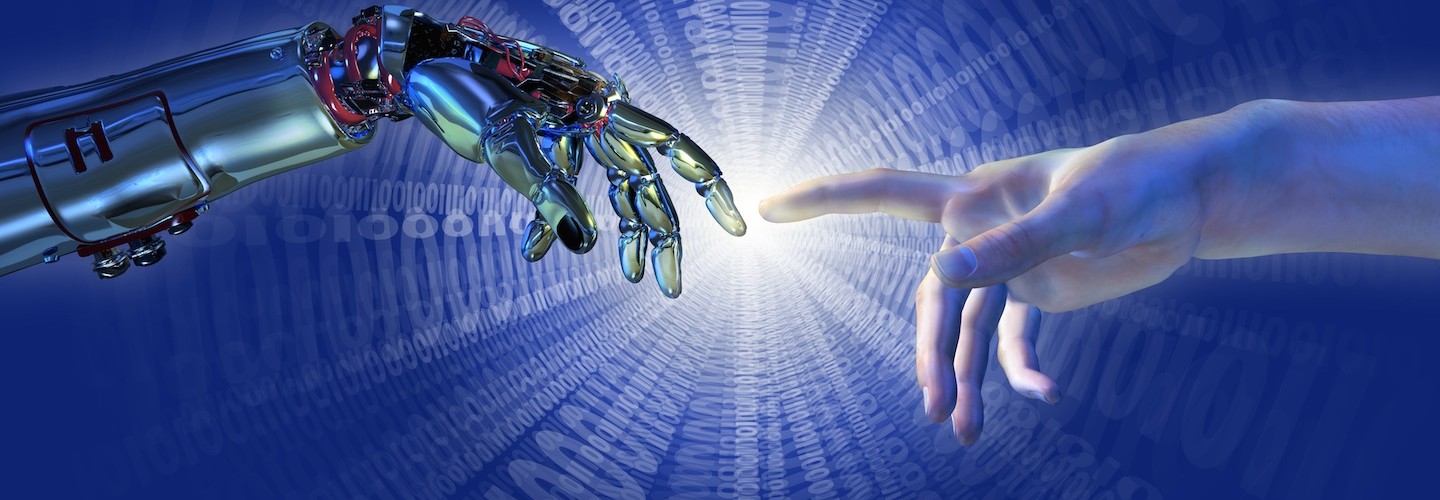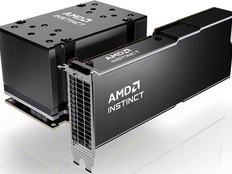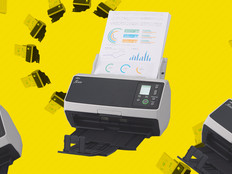Paralyzed Man Experiences Touch Through Prosthetic Hand Thanks to DARPA’s Efforts
Thanks to the Defense Advanced Research Projects Agency (DARPA), a man who’s been paralyzed for over a decade felt the touch of others through a prosthetic hand. This breakthrough points to a future where those who have lost limbs or suffered paralysis will be able to control objects and experience sensations.
DARPA has experimented with similar technology in the past, PBS reports. However, this advancement is considered substantial because it involves signals being sent from the prosthetic device to the region of the brain that feels touch. The agency explained the specifics in a news release:
The clinical work involved the placement of electrode arrays onto the paralyzed volunteer’s sensory cortex—the brain region responsible for identifying tactile sensations such as pressure. In addition, the team placed arrays on the volunteer’s motor cortex, the part of the brain that directs body movements.
Wires were run from the arrays on the motor cortex to a mechanical hand developed by the Applied Physics Laboratory (APL) at Johns Hopkins University. That gave the volunteer—whose identity is being withheld to protect his privacy—the capacity to control the hand’s movements with his thoughts, a feat previously accomplished under the DARPA program by another person with similar injuries.
Justin Sanchez, a program manager for DARPA, further explained how this event could impact the future.
“Prosthetic limbs that can be controlled by thoughts are showing great promise, but without feedback from signals traveling back to the brain, it can be difficult to achieve the level of control needed to perform precise movements,” Sanchez said at the agency’s Wait, What? conference last week. “By wiring a sense of touch from a mechanical hand directly into the brain, this work shows the potential for seamless bio-technological restoration of near-natural function.”
This development is one of the many DARPA is working on at its relatively new Biological Technologies Office.
“DARPA’s investments in neurotechnologies are helping to open entirely new worlds of function and experience for individuals living with paralysis and have the potential to benefit people with similarly debilitating brain injuries or diseases,” Sanchez added.








